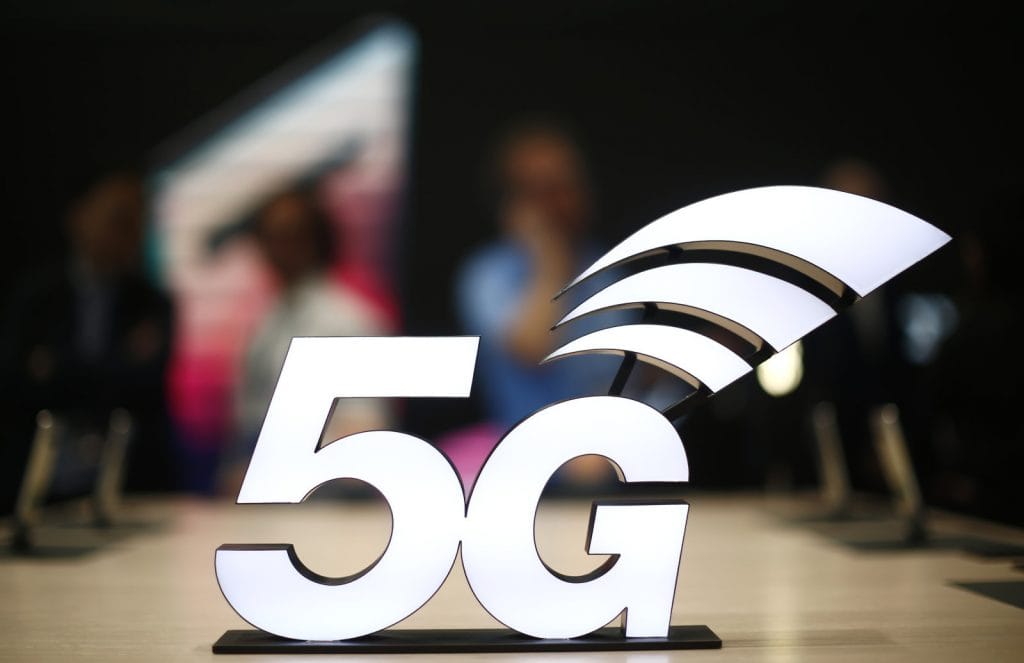
New York City and Salt Lake City will experiment with 5G and more.
The FCC is backing up its push for next-gen wireless by setting up entire areas devoted to advancing the technology. The agency has created two “innovation zones” in New York City and Salt Lake City that will serve as testbeds for 5G and other wireless formats. Participants can run multiple experiments under a single approval, even if they’re not related. Ideally, companies and researchers can push the boundaries of cellular, broadband or local networking without interfering with everyday service.
Testers have to honor the FCC’s guidelines for a given zone, including the authority of the zone administrator, and provide early notice for their projects.
The New York City zone will support COSMOS (Cloud Enhanced Open Software Defined Mobile Wireless Testbed for City-Scale Development) in West Harlem and will run by Columbia University, Rutgers University and NYU. Salt Lake City’s zone will support POWDER (Platform for Open Wireless Data-driven Experimental Research with Massive MIMO Capabilities) and run in multiple “connected corridors” with the leadership of Rice University and the University of Utah.
There’s no guarantee that these zones will lead to breakthroughs. It’s easy to designate an innovation space, but it’s another matter entirely to attract development teams that can shake up the industry. It’s not often that wireless tech researchers have access to relatively large regions, though, and this might unify disparate testing efforts. As it stands, the US isn’t always on the forefront of wireless (such as mid-frequency 5G). This could help the country catch up or pull ahead in key areas.


